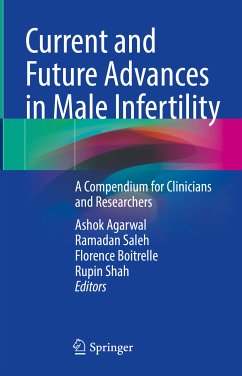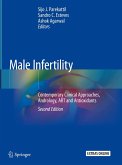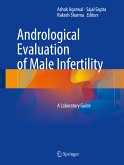Infertility is an important health problem affecting around 15% of couples worldwide, with profound psycho-social consequences and impairment of patients' quality of life. It has been shown that the male factor is solely and partially implicated in 20-50% of the cases of infertility. Male infertility is a complex issue that can be related to a variety of congenital or acquired factors that lead to a decline in the quantity and/or the quality of semen. Over the recent years, there have been major advances in basic understanding of the factors that regulate male fertility, the diagnostic tests for assessment of male fertility potential, and the therapeutic options for the management of male subfertility/infertility. However, despite advances in technologies and diagnostic methods in the field of andrology, there remains a significant subset of these subfertile men who are classified as having unexplained or idiopathic male infertility. In addition, there are ongoing debates and controversies on the clinical management of infertile men under certain conditions like varicocele, genital tract inflammation/infection or non-obstructive azoospermia.
This book discusses advances in cellular, molecular, and genetic aspects of spermatogenesis and sperm evaluation in the context of clinical scenarios. It also addresses clinical dilemmas and controversies through a discussion of the basic science underlying these conditions. The authors form an impressive international collaboration to provide a unique perspective that specializes in all key areas of andrology.
Current and Future Advances in Male Infertility provides insights into strategies to reduce the burden of male gonadotoxins, to enhance men's fecundity and to help optimize the care of infertile men. It aims to bridge the gap between researchers and clinicians by integrating basic science and clinical application.
Dieser Download kann aus rechtlichen Gründen nur mit Rechnungsadresse in A, B, BG, CY, CZ, D, DK, EW, E, FIN, F, GR, HR, H, IRL, I, LT, L, LR, M, NL, PL, P, R, S, SLO, SK ausgeliefert werden.









